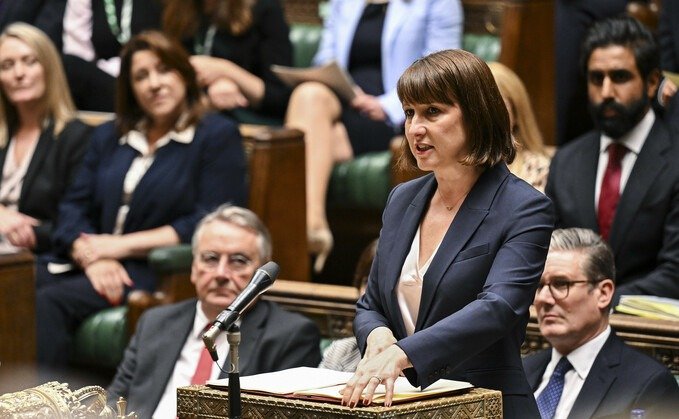UK Government to Continue Labour’s £13.2bn Warm Homes Plan

The landmark £13.2 billion initiative launched by the Labour Party to improve energy efficiency in homes—through measures such as fixing draughty houses, installing heat pumps, and fitting solar panels—will continue, as ministers have decided not to cut its funding during a spending review.
According to The Guardian, Chancellor Rachel Reeves has confirmed that there will be no cuts to the Warm Homes Plan. Reports indicate that negotiations took place between the Treasury and Ed Miliband regarding the budget and potential spending reductions for the Department for Energy Security.
It is worth mentioning that Labour’s manifesto had clearly stated a commitment to invest over £6.6 billion in household energy efficiency measures by 2029.
Despite this pledge, Reeves had reportedly considered imposing cuts to the scheme following a Treasury refusal to release the full amount requested. However, the Chancellor has now allocated £3.4 billion to the plan over the next three years.
Labour’s Warm Homes Plan provides low-interest loans for energy-saving upgrades, including the installation of solar panels and low-carbon heating solutions.
Ministers say that more than five million homes in the UK will now be insulated under the programme. With the UK’s housing stock ranked among the least energy-efficient in Europe, delaying or reducing funding could have severely impacted the government's efforts to achieve net-zero emissions. The plan also aims to lower energy bills to an average of £300 per household by 2030, a target that could have been jeopardized by budget cuts.
Businesses and charities involved in the energy and housing sectors have urged the government to maintain funding, warning that any reduction could lead to job losses and increased health risks across the country.
Commenting on the issue, Simon Francis, coordinator of the End Fuel Poverty Coalition, said the government was elected on a clear promise—outlined in its manifesto—to deliver warmer homes and reduced energy bills.
A poll conducted in May showed that a significant portion of Labour voters felt that cuts to the Warm Homes Plan would negatively affect their support for the party.
Meanwhile, other departments such as the Foreign Office and the Department for Culture, Media and Sport are expected to face some of the largest budget cuts in the ongoing review.